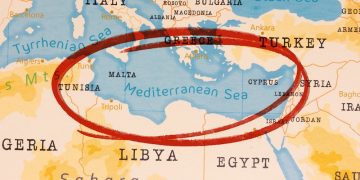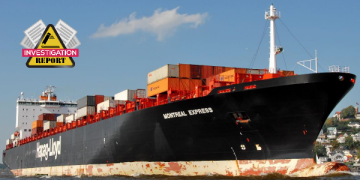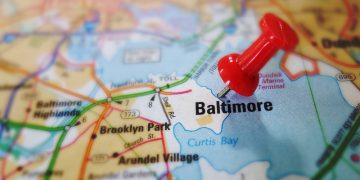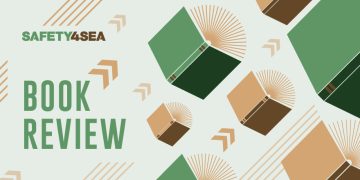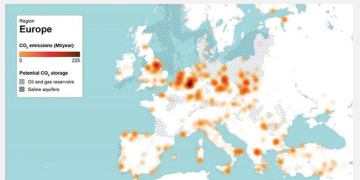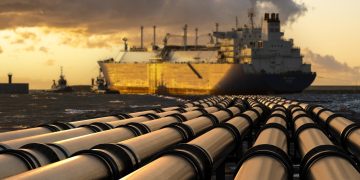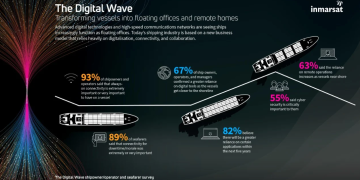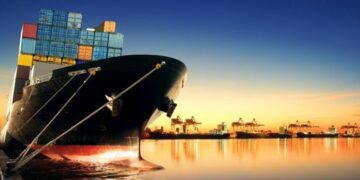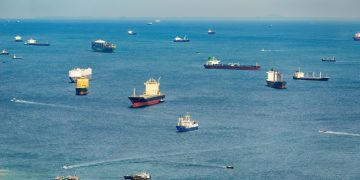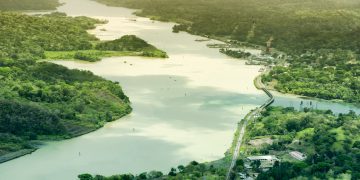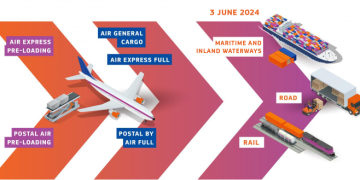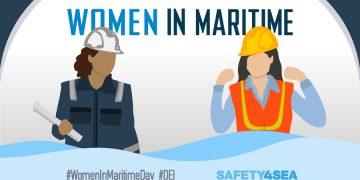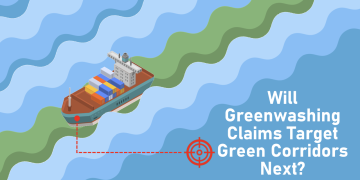AMSA publishes Industry Passage Plan for the Great Barrier Reef and Torres Strait
Covering the mandatory coastal pilotage areas The Australian Maritime Safety Authority (AMSA) has published an Industry Passage Plan covering the mandatory coastal pilotage areas of the Great Barrier Reef and Torres Strait.The publication contains standard passage plans through the compulsory pilotage areas, including waypoints and courses. It is envisaged that vessels will take account of such details when planning a passage via the Great Barrier Reef or Torres Strait and plot the waypoints and courses on their charts or enter them into their electronic chart systems. If, after boarding a vessel, the pilot finds that the Industry Passage Plan has been adopted, only minor adjustments to the plan may be required depending on operational conditions.The publication also contains guidance and information on:Routes and draught restrictionsMandatory reporting requirements (REEFVTS)Charts that should be carriedEquipment requirementsPilot ladders and boarding arrangementsMaster/Pilot information exchangePilot CardPilotage guidanceBridge resource managementCoastal pilotage risk managementAlthough compliance is not obligatory, AMSA encourages all Masters that are due to transit any of the compulsory pilotage areas in the Great Barrier Reef and/or Torres Strait to consider the recommendations when preparing their passage plans. The publication may also be kept on the bridge for reference, and for discussion during the Master/Pilot information ...
Read more



